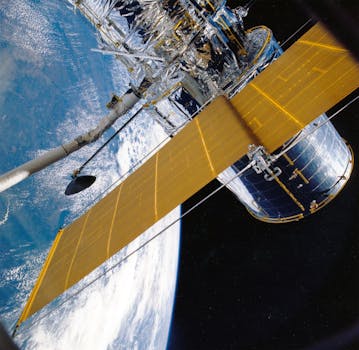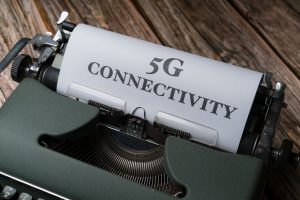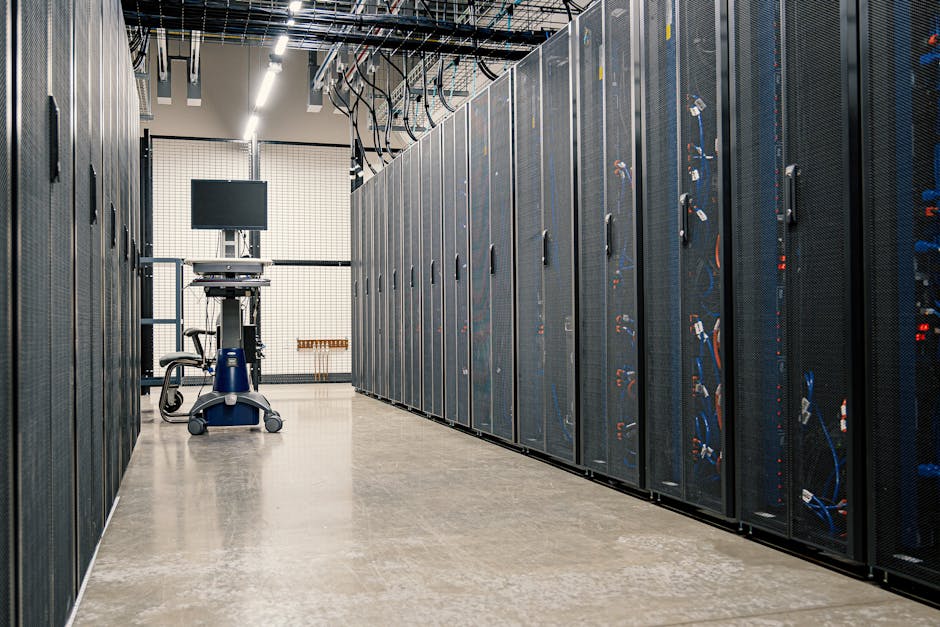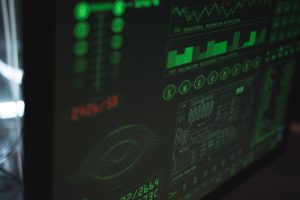The Future of Satellites: Revolutionizing Global Communication and Exploration

The Future of Satellites: Revolutionizing Global Communication and Exploration
The future of satellites holds much promise for revolutionizing global communication, exploration, and our understanding of the universe. With advancements in technology and innovation, satellites are poised to play an even more significant role in shaping our world. The future of satellites is closely tied to the development of new technologies, such as low-Earth orbit (LEO) satellites, small satellites, and satellite constellations, which are expected to transform the way we communicate, navigate, and explore space.
One of the most significant trends in the future of satellites is the proliferation of LEO satellites. These satellites orbit the Earth at an altitude of around 2,000 kilometers, which is much lower than traditional geostationary satellites. LEO satellites offer several advantages, including lower latency, higher bandwidth, and improved connectivity. Companies such as SpaceX and OneWeb are already launching LEO satellite constellations to provide global internet coverage and other services.
Advances in Satellite Technology
Advances in satellite technology are driving the development of new satellite systems and applications. For example, small satellites are becoming increasingly popular due to their lower cost, faster development time, and increased versatility. Small satellites can be used for a variety of applications, including Earth observation, communication, and scientific research. Additionally, the development of reusable rockets is making it possible to launch satellites into space at a lower cost, which is expected to increase the number of satellite launches in the coming years.
Another area of advancement in satellite technology is the development of quantum satellites. Quantum satellites use quantum entanglement to enable secure communication over long distances. This technology has the potential to revolutionize the way we communicate, particularly in the fields of finance and government. The use of quantum satellites could also enable the creation of unhackable communication networks, which would be a major breakthrough in the field of cybersecurity.
Applications of Satellites in the Future
Satellites will play a vital role in a variety of applications in the future, including global communication, navigation, Earth observation, and space exploration. For example, satellite constellations will provide global internet coverage, enabling people in remote and underserved areas to access the internet and other digital services. Satellites will also be used to provide navigation services, such as GPS, which are essential for a variety of applications, including aviation, maritime, and land transportation.
In addition, satalites will be used to monitor the Earth’s climate and weather patterns, which will help us to better understand and predict natural disasters such as hurricanes, wildfires, and earthquakes. Satellites will also be used to explore space and to search for life beyond Earth. For example, NASA’s Artemis program aims to return humans to the Moon by 2024 and to establish a sustainable presence on the Lunar surface.
Conclusion
In conclusion, the future of satellites is exciting and full of promise. With advancements in technology and innovation, satellites are poised to play an even more significant role in shaping our world. From global communication and navigation to Earth observation and space exploration, satellites will be used in a variety of applications that will transform the way we live and work. As we continue to push the boundaries of what is possible with satellite technology, we can expect to see even more innovative applications and services in the years to come.







